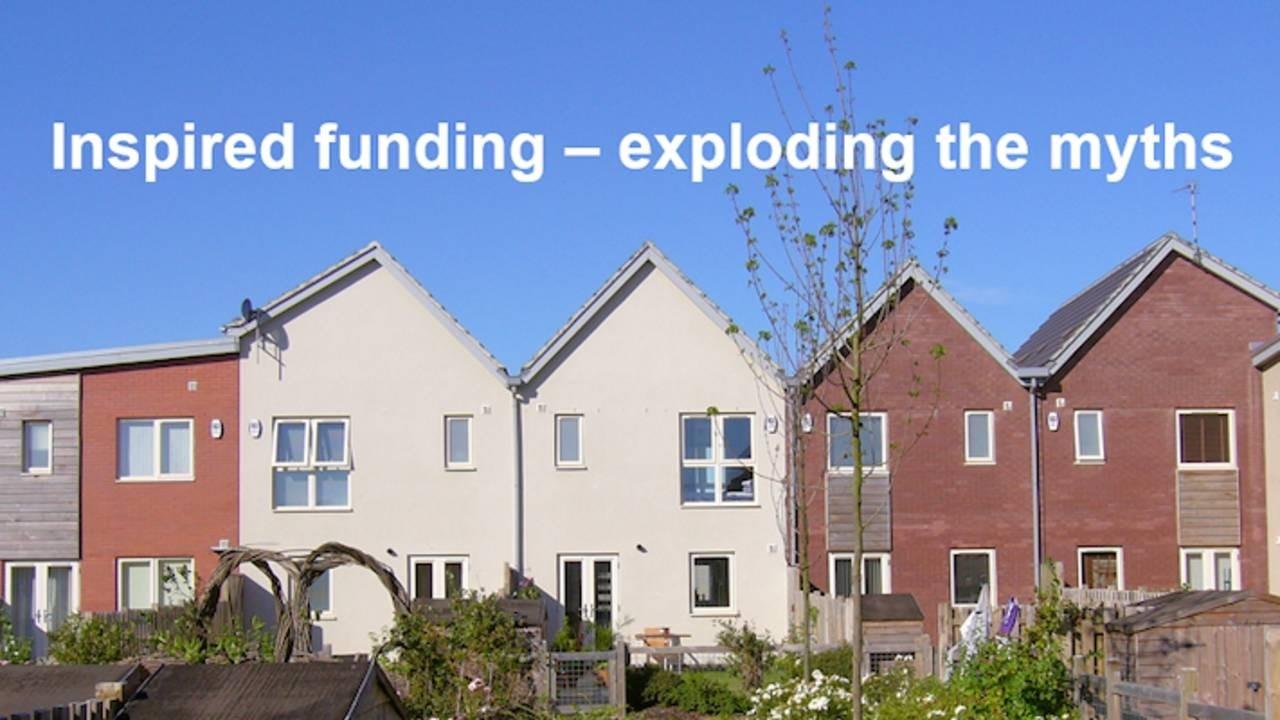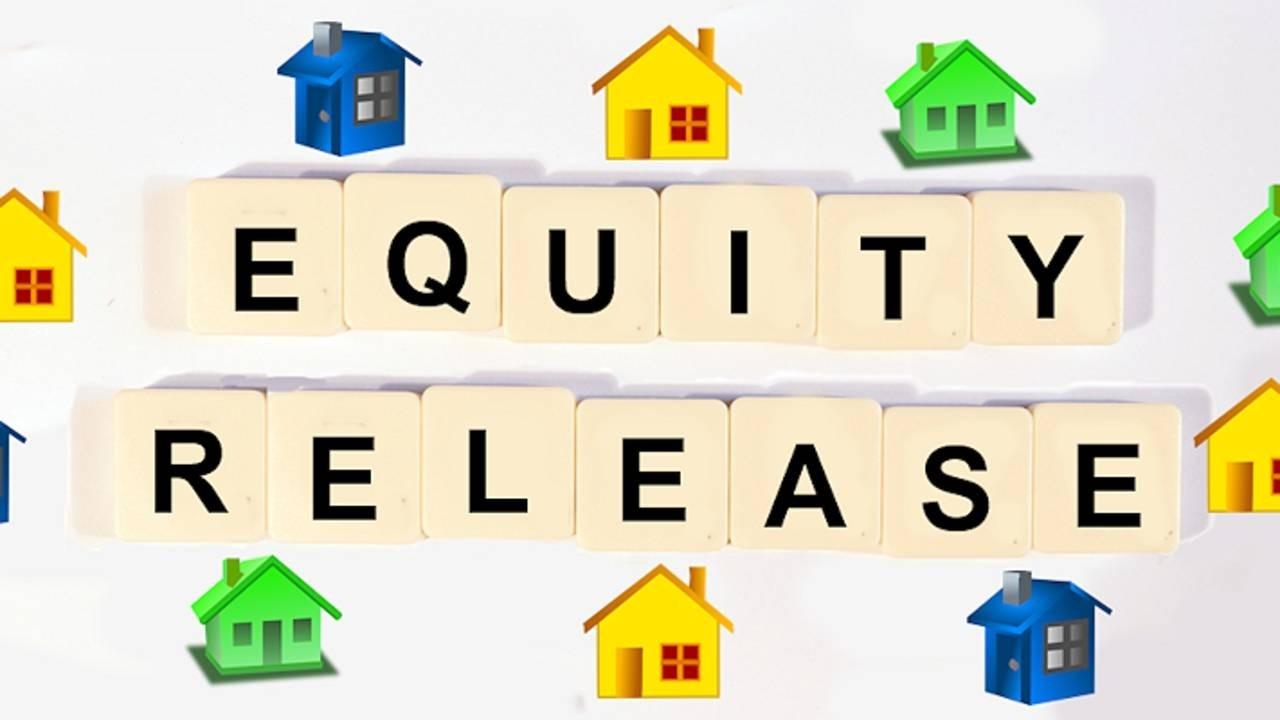‘Cash buyers only’

THE QUESTION
Why do some adverts say cash buyers only? I want to buy a property for £99K and have £27K but it says cash buyers only! It’s a gem too.
THE ANSWER
You should embrace 'cash buyer only' properties like your long lost rich uncle. They are serious money makers.
Cash buyer only' properties represent a fabulous buying opportunity
- That phrase puts off all mortgage-dependent buyers immediately, reducing your competition
- The owners know they can only sell to cash buyers and cash buyers are going to do what cash buyers do the world over, for any and every commodity, hammer down the price. So the owners are already prepared to take low offers.
Why pay £99K for it? Stick in an outrageous offer for £69K. On the basis that
- You don’t have to sell a property to buy this one
- You don’t need a mortgage
- You can exchange and complete in 28 days or less, if required
- You can provide proof of funds on request
- Your solicitor is on standby
£27K cash is all you need to buy t...
What’s the best option to buy property?

THE QUESTION
I'm not a homeowner, but looking to purchase - either residential, BTL or to buy a derelict property and flip.
I have a limited company with a turnover circa £200K and projected to double that in the next year. I have no personal debts or defaults and a good credit rating.
I'm entrepreneurial, confident I can flip properties, and would like some guidance in funding purchases. I've heard bridging finance, but don’t know if it’s the right strategy for me.
THE ANSWER
You have several potential options:
Use your main residence to flip
Advantages: no tax (CGT or income) payable on the profits
Disadvantages:
- Slow turnaround, as you will need to live in the property for at least a year to qualify for the no tax advantage
- Your ability to borrow is income-dependent and lenders are not interested in how much your company turns over, but how much profit you make i.e. make £20k profit on your £200k turnover and you won’t be getting offered much of a mortgage
- Disruption ...
Inspired funding – exploding the myths

Most property investors grow their portfolio by:
- Searching for suitable rental properties
- Putting down a 25% deposit
- Getting a mortgage
- Maybe refurbishing
- Then waiting six months and remortgaging to get as much of their money as possible out for the next property purchase.
It works, it’s taught on training programmes, but it takes a long time to grow your portfolio – and doesn’t allow you to buy and sell properties as your cash is tied up. That makes it tough to buy your next property within that six-month waiting period.
To get momentum investing you can’t afford to wait the best part of a year before you can get your cash out of one deal in order to move on to the next. It limits you, it holds you back, it doesn’t allow you to explore your full potential as a property investor.
So, if you’re impatient to move on, you definitely need to learn about inspired funding.
What is inspired funding?
It’s focusing on ways to achieve accelerated investment or momentum investing....
Mortgages with No Early Redemption Penalty are dangerous

People say that a low-cost way to get your cash back out of a property purchase is to use the small group of Buy-to-Let lenders who offer mortgages that have no redemption penalty to finance the purchase.
After you have owned the property for six months, redeem that mortgage and get a new mortgage with a different lender. If the property can be valued at this point at more than the purchase price, you will get some of your deposit money back out to use in a new purchase.
It seems to make good sense – happy days for the investor. The only problem is it also leads to some very unhappy lenders.
The point here is that No Early Repayment Charge (NERC) mortgages are offered by no more than a handful of lenders and they were not created to give investors a cheap way of getting their deposit out of a property. The lenders expect borrowers to sit on them for years at a time and, amazingly perhaps, that is exactly what the vast majority of borrowers do.
Lenders think it gives a borrower t...
What is equity release?

THE QUESTION
I've seen a lot of adverts recently for Equity Release, does anyone know how it really works?
THE ANSWER
Equity release has two meanings.
For the general public it refers to a specific type of mortgage available only to the elderly who are asset rich, but cash poor. In effect it means that they can borrow against their property and use the cash to enhance their lifestyle or pay for needed repairs to their property.
The interest is rolled up, so no monthly payments until they either die, go into care, or sell the property.
It is also used on some occasions to mitigate Inheritance Tax, as the amount owed at death reduces the value of their estate.
For a property investor it just means refinancing an existing property to release cash so you can use it to invest in more property.
You can learn more by:
- Attending an upcoming webinar - register here
- Booking into a LIVE! 3-day workshop - book your ticket here
- Get instant access to the full programme with the online tr ...
The times they are a-changing

The underwriting standards for buy-to-let lenders now mean much more rigorous background checks for potential borrowers – particularly ‘portfolio landlords’. The rules state:
“A landlord will be considered to be a Portfolio landlord where they have four or more mortgaged buy to let properties across all lenders in aggregate”
In reality this will depend on the individual lender, but expect serious checks into affordability from lenders.
Most lenders prefer their customers to have an income in addition to any rental income. However, lenders that understand the professional landlord take more of a pragmatic approach to those with a number of properties. They can see that if the existing properties are well managed, the overall risk is less as the borrower can weather the occasional untenanted period much better.
Lenders will be asked to ensure that landlords are not over committed, which means landlords need to be prepared to be asked for:
- Assets and liabilities, including tax l ...
Retirement properties – a good deal?

THE QUESTION
Do you have experience with renting Retirement properties? Is it a good idea to buy a flat at the seaside and rent it as a retirement property?
THE ANSWER
There are two issues here:
- Renting properties that are part of a retirement complex.
- Buying a flat and renting it to a retired person – or people.
Number one is a great idea if you have cash to burn! No mortgage lender will touch these with a bargepole.
Retirement properties have covenants that restrict who can buy them, who can live in them and whether they can be rented.
All retirement properties will be restricted to people who are over 55 years old. Some will only be able to be bought by buyers over that age and many will only be permitted to be occupied by the owner and renting out is prohibited.
If you want to park your cash in a flat that can never be mortgaged, can only ever be sold to someone over 55 and has age restrictions on who can live in it, great. The reality is there are probably much bet...
Leveraging your investment by going Limited

THE QUESTION
Can you buy a property for cash, using other people’s funds loaned to your Limited Company, carry out a refurbishment and then remortgage on to a BTL, hopefully releasing some equity to pay back the investors their initial stake in addition to their margin of interest?
Following the remortgage the property will be solely owned by your own Limited Company and the initial investors will have no vested interest.
Will the mortgage company insist that all of the funds are from a personal source, i.e. not outside investors/JV partners?
I'm exploring ways to accelerate portfolio building and seem to keep hitting stumbling blocks. The buy-refurbish-refinance model seems to be getting quite hard to implement, so I was looking at ways of buying un-mortgageable properties with cash and then financing them to current value thus avoiding ERCs and other fees. I'm not currently investing, but really hoping to start this year.
I have quite a lot of business experience, time, some ac...
The pros and cons of becoming a cash buyer

THE QUESTION
We are working towards being able to buy houses outright with cash either to do up and sell on, or to rent out and remortgage later.
Other than the obvious benefits of potentially getting better deals by being a safer bet for the buyer and not having to deal with things like bridging interest rates can you offer any guidance on the pros and cons of using this method?
I presume the conveyancing process is a little easier and conversely I guess you may miss other opportunities while your cash is tied up, but any other insights would be much appreciated.
THE ANSWER
This aligns closely to what I teach on my workshops. Cash buyer status is considered by many to be property investor nirvana and gives you multiple advantages.
- Speed: you can complete purchases in a matter of days. If that is important to a vendor, this will blow away competing mortgage-dependent buyers.
- Bigger Profits: being a cash buyer means you can leverage your status to buy cheaper. My Dad’s stock ph ...
Time to remortgage

THE QUESTION
The lender I’m with has revised their lending criteria to exclude the mortgage I have had with them and I’ve reached the end of term and need to remortgage.
The property is a studio flat with 63 years lease remaining, value £65k with 40k outstanding, but it is less than 30sq m.
What do you recommend?
THE ANSWER
You have two problems..
- A small space
- A short lease (at least in mortgage terms)
The majority of lenders set 30sq m as their minimum space threshold based on their belief that the marketability diminishes significantly below that figure i.e. it is so small it turns off potential buyers. However, there is not much you can do to increase its size.
Lenders get very jittery about short leases (anything less than 75 years), also due to the reduced marketability. In a stagnant market, the flat will decline in value as each year ticks down until the lease expires. Typically they can require anything from 25 to 45 years plus the mortgage term on the remainin...




